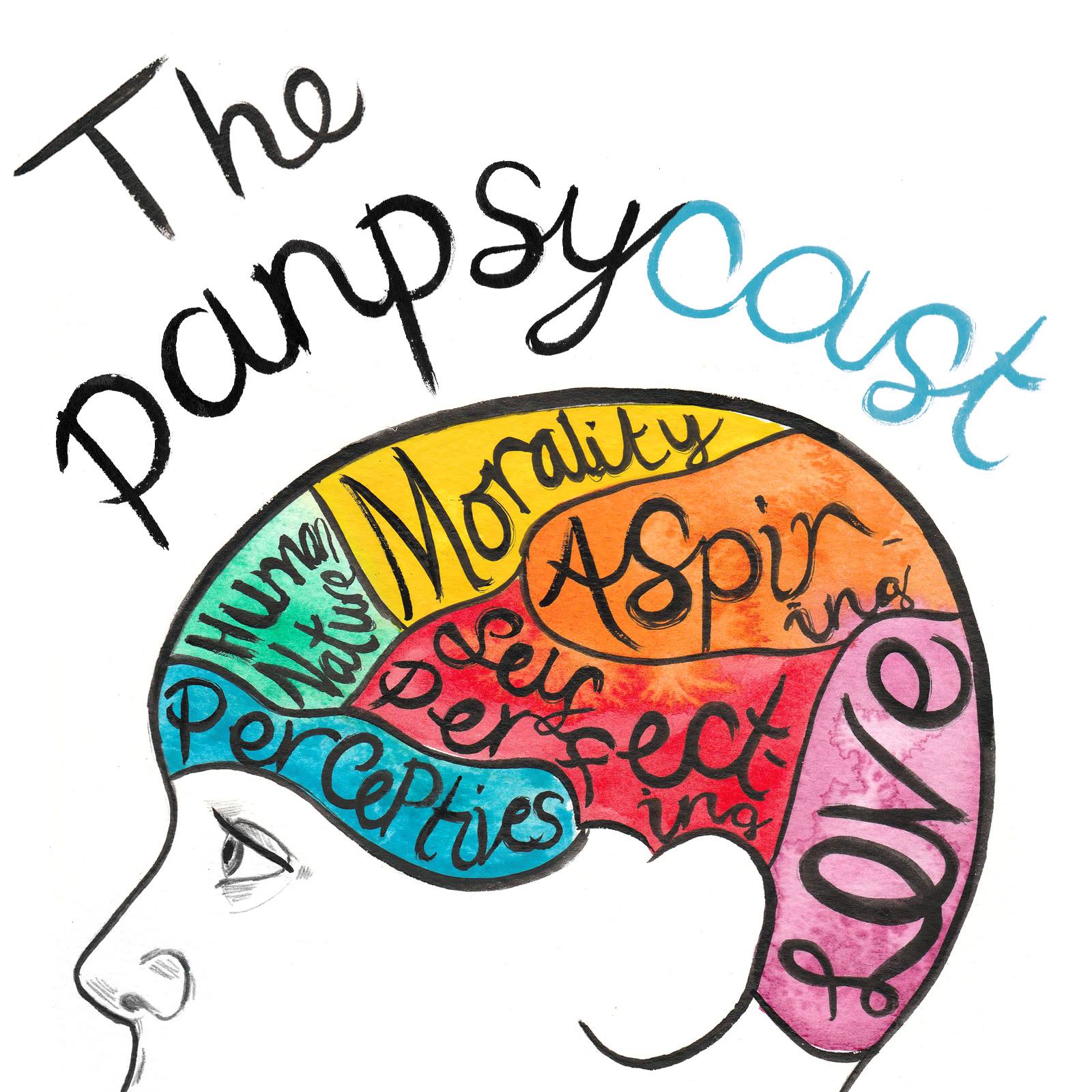Welcome to 'Episode 75 (Part I of II)', where we'll be discussing Christian animal ethics with David Clough.
With the dominance of humankind has come a new age, an age of global warming, ecological collapse, and sixth mass extinction. In 2018, it was reported that of all the Earth’s mammals, 96% are humans and livestock. Our overpopulation, overconsumption, and exploitation have caused a climate catastrophe, but we are not our only victims. Each year, over 70 billion land creatures and 7 trillion sea animals are killed for food, and despite growth in public awareness, the overwhelming majority of these animals continue to endure unimaginable suffering throughout their lives.
The religions of ancient India - Hinduism, Jainism, and Buddhism - are no strangers to practicing ahimsa and vegetarianism. Their Abrahamic cousins have a very different past. For the advocate of animal rights, Judaism, Christianity, and Islam have a long and dark history in their treatment of our fellow creatures. A history, many theologians, want to condemn to the history books.
One such theologian is David Clough, professor of theological ethics at the University of Chester. Through his systematic theology On Animals, Professor Clough has inspired a new wave of scholarship on Christian attitudes towards our fellow creatures, and the Earth as a whole, calling Christians to unshackle themselves from Aristotelian ways of thinking and embrace Darwinian theories of the natural world.
The file size is large, please be patient whilst the podcast buffers/downloads/lives on bread aloneContents
Part I. The Rise of the Vegangelicals.
Part II. Further Analysis and Discussion.


